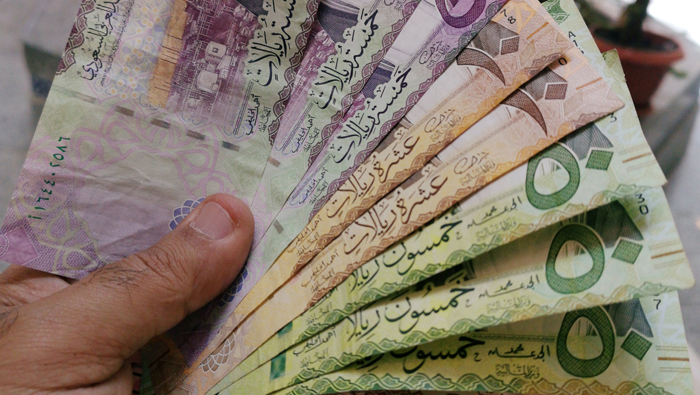
Despite the sustained efforts of nations across the Arab world to boost financial inclusion as an important step for economic diversification, Arab countries still rank lowest in global financial inclusion according to the IMF.
The bleak finding calls for a renewed approach that leverages comprehensive plans and takes into consideration the nature of societies and the challenges unique to the finance and banking sectors in these countries.
Aiming to simplify processes, financial inclusion enables individuals and startups to access affordable financial services and products that meet their demands, provided they are offered in a responsible and sustainable manner.
Since 2010, more than 55 countries have pledged to achieve financial inclusion, while 30 countries have launched or created national strategies to do so. Countries that have achieved the most progress in financial inclusion have shaped an appropriate regulatory and political environment and encouraged competition, allowing banks and non-banking institutions to innovate and expand access to financial services.
One of the key challenges pertaining to financial inclusion in the Arab world is the noticeable decline in financing to SMEs that currently provide almost half the number of available jobs, and have a greater ability and flexibility to create jobs when compared to the government and semi-government sectors.
According to recent data from the IMF, 96 per cent of registered companies in the Arab countries are small and medium enterprises employing around 50 per cent of the total workforce.
However, almost ironically, these organizations receive only 7 per cent of the total financing from banks and investment firms.
Although an increasing number of policymakers and decision makers are recognizing the importance of financial inclusion, especially with regard to SMEs, many SME owners continue to face obstacles such as the lack of an enabling legislative and financial environment.
SME owners in the region list amendments in regulations related to bankruptcy, divestment, and a commitment from government entities to implementing legislation that supports their projects as prerequisites to thrive.
The relative decline in financial inclusion processes in Arab and GCC countries cannot simply be independently viewed from a financial and economic perspective without taking into consideration the prevailing culture and how community members are willing to launch, manage and grow their projects. Some important steps in the right direction include preparing new generations of entrepreneurs, re-training current government employees and job-seekers whose qualifications or skills are not in synch with the requirements of the labour market.
Improving financial inclusion for SMEs will boost sustainable economic growth, create jobs, make financial and fiscal policies more efficient, and ultimately, help achieve financial stability.
The IMF states that other benefits for the Arab world in particular, include an increase in annual economic growth by as much as 1% in some countries.
Improving financial inclusion in countries of the GCC region will play a major role in enhancing economic stability and reducing the size of the government and public sector. This will lower the public sector’s perceived competition with SMEs and enable SMEs to secure finance.
Eventually, this move will enhance the stability of the financial sector, create a competitive banking system, and provide a viable and open economy that is capable of boosting SME projects and meeting their credit demands.
At the same time, it is necessary to shape an enabling business environment, create governance, develop financial regulatory systems including modern insurance and insolvency frameworks and provide credit information, in addition to implementing stringent laws to protect property rights and contracts in a satisfying manner.
Furthermore, alternative channels that can enhance the ability of SME projects to receive funding must be established. This can be done by leveraging the available supply of bank credit and stimulating capital markets to get involved in all phases of SME development. Fintech could also eliminate any restrictions on securing bank credit and offer new channels to fund SMEs. To date, GCC countries have achieved good progress in these areas. However, more efforts are required for the progress to keep pace with the demand.
Enhancing financial inclusion in the GCC region and Arab world will enable national economies to create job opportunities, reduce unemployment, improve living conditions, increase income levels, and enhance the nation’s capability to overcome any potential economic crises.
* The author is the Executive Chairman of Investcorp, Chairman of Sohar International and an International Advisor to the Brookings Institution. All the views and opinions expressed in the article are solely those of the author and do not reflect those of Times of Oman.